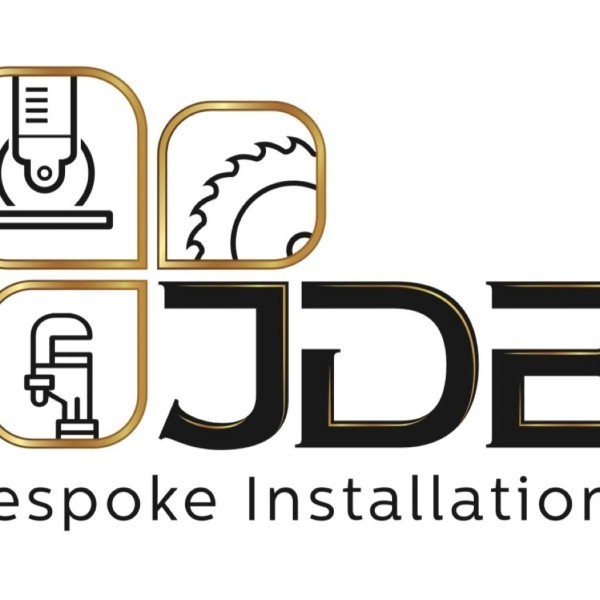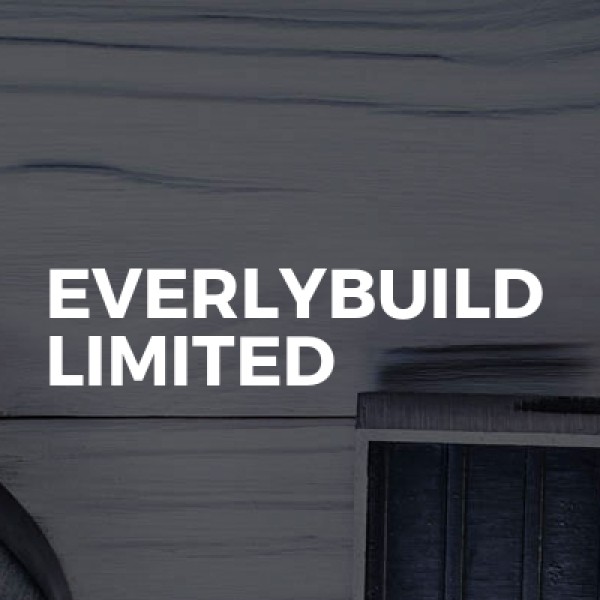Understanding the Role of Extension Builders in St Ives
St Ives, a picturesque town known for its stunning landscapes and vibrant community, is increasingly becoming a hub for home improvement projects. Among these, home extensions are particularly popular, and the demand for skilled extension builders in St Ives is on the rise. These professionals play a crucial role in transforming living spaces, adding value to properties, and enhancing the overall quality of life for homeowners.
The Importance of Home Extensions
Home extensions offer a practical solution for growing families or those in need of additional space. Whether it's a new kitchen, an extra bedroom, or a home office, extensions can significantly improve the functionality of a home. In St Ives, where property prices are high, extending an existing home can be more cost-effective than moving to a larger property.
Benefits of Home Extensions
- Increased Living Space: Extensions provide additional space without the need to relocate.
- Enhanced Property Value: Well-executed extensions can increase the market value of a home.
- Customisation: Homeowners can tailor the extension to meet their specific needs and preferences.
- Improved Aesthetics: Modern extensions can enhance the visual appeal of a property.
Choosing the Right Extension Builder in St Ives
Selecting the right extension builder is crucial to the success of any home improvement project. In St Ives, homeowners have access to a range of skilled professionals, but it's important to choose one with a proven track record and a reputation for quality work.
Factors to Consider When Hiring an Extension Builder
- Experience: Look for builders with extensive experience in similar projects.
- Reputation: Check reviews and testimonials from previous clients.
- Portfolio: Review past projects to assess the quality of work.
- Communication: Ensure the builder communicates effectively and understands your vision.
- Budget: Discuss costs upfront and ensure they align with your budget.
Planning Your Home Extension
Before embarking on a home extension project, careful planning is essential. This involves understanding the scope of the project, setting a realistic budget, and obtaining necessary permits and approvals.
Steps in Planning a Home Extension
- Define Your Needs: Determine the purpose of the extension and the space required.
- Set a Budget: Establish a budget that includes construction costs, permits, and contingencies.
- Design the Extension: Work with an architect or designer to create a detailed plan.
- Obtain Permits: Ensure all necessary permits and approvals are secured before construction begins.
- Select a Builder: Choose a reputable extension builder in St Ives to execute the project.
Common Types of Home Extensions
In St Ives, homeowners have a variety of extension options to choose from, each offering unique benefits and challenges. Understanding these can help in making an informed decision.
Popular Extension Types
- Single-Storey Extensions: Ideal for adding extra living space, such as a kitchen or living room.
- Double-Storey Extensions: Suitable for adding multiple rooms, increasing both space and property value.
- Conservatories: Provide a bright, airy space that connects the indoors with the outdoors.
- Loft Conversions: Utilise unused attic space to create additional bedrooms or offices.
- Garage Conversions: Transform existing garage space into functional living areas.
The Construction Process
Once planning is complete, the construction phase begins. This involves several stages, each requiring careful management to ensure the project stays on track and within budget.
Stages of Construction
- Site Preparation: Clear the site and prepare it for construction.
- Foundation Work: Lay the foundation, ensuring it meets structural requirements.
- Structural Work: Build the framework, including walls, floors, and roof.
- Utilities Installation: Install plumbing, electrical, and HVAC systems.
- Finishing Touches: Complete interior and exterior finishes, including painting and flooring.
Overcoming Challenges in Home Extensions
Home extension projects can present various challenges, from unexpected costs to design changes. However, with proper planning and the right team, these challenges can be effectively managed.
Common Challenges and Solutions
- Budget Overruns: Set a realistic budget and include a contingency fund for unexpected expenses.
- Design Changes: Finalise the design before construction begins to avoid costly changes.
- Delays: Work with a reliable builder who can adhere to the project timeline.
- Permitting Issues: Ensure all permits are obtained before starting construction.
Legal Considerations for Home Extensions
Legal considerations are an important aspect of any home extension project. In St Ives, homeowners must comply with local building regulations and obtain the necessary permits.
Key Legal Requirements
- Planning Permission: Determine if your project requires planning permission and apply if necessary.
- Building Regulations: Ensure the extension complies with local building codes and standards.
- Party Wall Agreements: If the extension affects a shared wall, a party wall agreement may be required.
- Insurance: Verify that your builder has adequate insurance coverage for the project.
Environmental Considerations
With growing awareness of environmental issues, many homeowners in St Ives are opting for eco-friendly home extensions. These not only reduce the environmental impact but can also lead to long-term cost savings.
Eco-Friendly Extension Practices
- Sustainable Materials: Use materials that are renewable, recycled, or have a low environmental impact.
- Energy Efficiency: Incorporate energy-efficient features, such as insulation and double-glazed windows.
- Renewable Energy: Consider installing solar panels or other renewable energy sources.
- Water Conservation: Implement water-saving fixtures and systems.
Cost Considerations for Home Extensions
The cost of a home extension in St Ives can vary widely depending on the size, complexity, and materials used. Understanding these factors can help homeowners budget effectively and avoid financial surprises.
Factors Affecting Extension Costs
- Size and Scope: Larger and more complex projects typically cost more.
- Materials: The choice of materials can significantly impact the overall cost.
- Labour: Skilled labour is essential, and costs can vary based on experience and demand.
- Location: Costs may be higher in areas with higher living expenses, such as St Ives.
Maximising the Value of Your Home Extension
To maximise the value of a home extension, it's important to focus on quality, functionality, and aesthetics. A well-designed extension can enhance both the enjoyment and value of a home.
Tips for Maximising Extension Value
- Quality Materials: Invest in high-quality materials that will stand the test of time.
- Functional Design: Ensure the extension meets the practical needs of your household.
- Consistent Style: Maintain a consistent architectural style with the existing structure.
- Professional Finish: Hire skilled professionals to ensure a high-quality finish.
Frequently Asked Questions
What is the average cost of a home extension in St Ives?
The cost can vary widely, but on average, homeowners can expect to pay between £1,200 and £2,000 per square metre, depending on the complexity and materials used.
Do I need planning permission for a home extension in St Ives?
It depends on the size and scope of the extension. Small extensions may fall under permitted development rights, but larger projects typically require planning permission.
How long does it take to complete a home extension?
The timeline can vary, but most extensions take between three to six months from planning to completion.
Can I live in my home during the extension work?
In many cases, yes, but it depends on the extent of the work. Discuss this with your builder to understand any potential disruptions.
What are the most popular types of home extensions in St Ives?
Single-storey extensions, loft conversions, and conservatories are among the most popular choices for homeowners in St Ives.
How can I ensure my extension is environmentally friendly?
Consider using sustainable materials, incorporating energy-efficient features, and consulting with a builder experienced in eco-friendly construction practices.


























